FBI agents have seen it all, and they know what can get you in trouble. Some are online scams, others are tech mistakes, and all are things you should absolutely not do. Here are 18 things that certain FBI agents recommend you avoid and why.
Ignore Software Updates

Skipping software updates might seem like a hassle, but some FBI agents recommend ignoring them. These updates often include patches for security vulnerabilities that hackers will try to exploit, so you should always stay updated. Keeping your devices safe from the latest threats takes a few minutes.
Use Cryptocurrency or NFTs

Using cryptocurrencies or NFTs just isn’t worth the dangers that they come with, as they’re often packed with scams and fraud. Since they’re anonymous, it is super hard to trace your money if something goes wrong. Over the last few years, the FBI has seen plenty of people lose a lot of money thanks to shady deals in the crypto world.
Use Smart Home Devices

While home devices are useful, they do have their issues, and some FBI agents warn against them because these gadgets can be hacked. It doesn’t matter if it’s doorbells or thermostats, as anything connected to the internet is a potential target. You might want to think twice before letting a smart speaker know your every move.
Share Too Much on Social Media
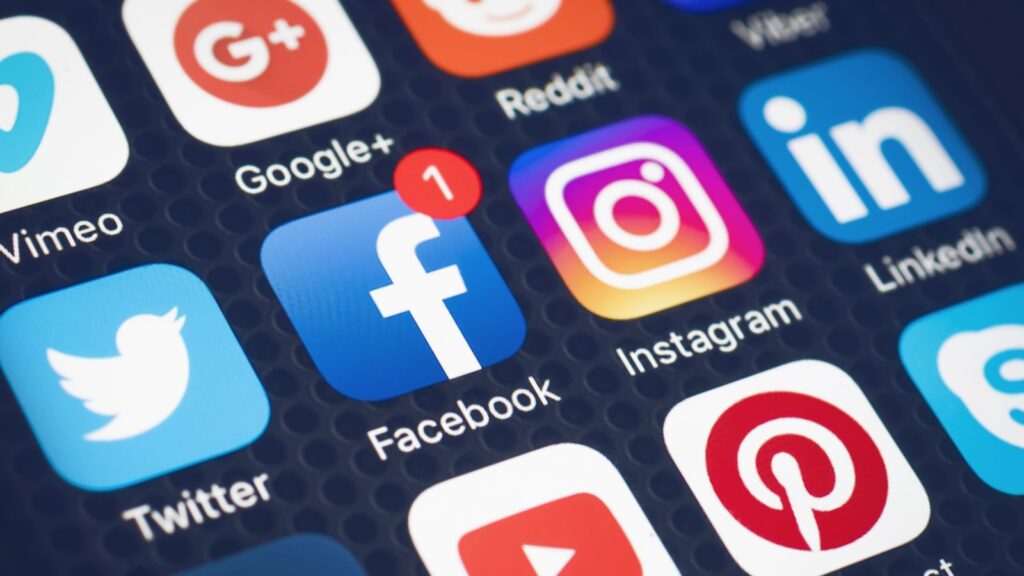
Sharing too much on social media makes you an easy target for scammers and thieves, so keep your personal info to yourself. You should always think twice before posting your location or vacation plans. It’s all too easy for someone to use that info for identity theft or stalking. Why share it online if you wouldn’t tell a stranger on the street?
Use At-Home DNA Kits
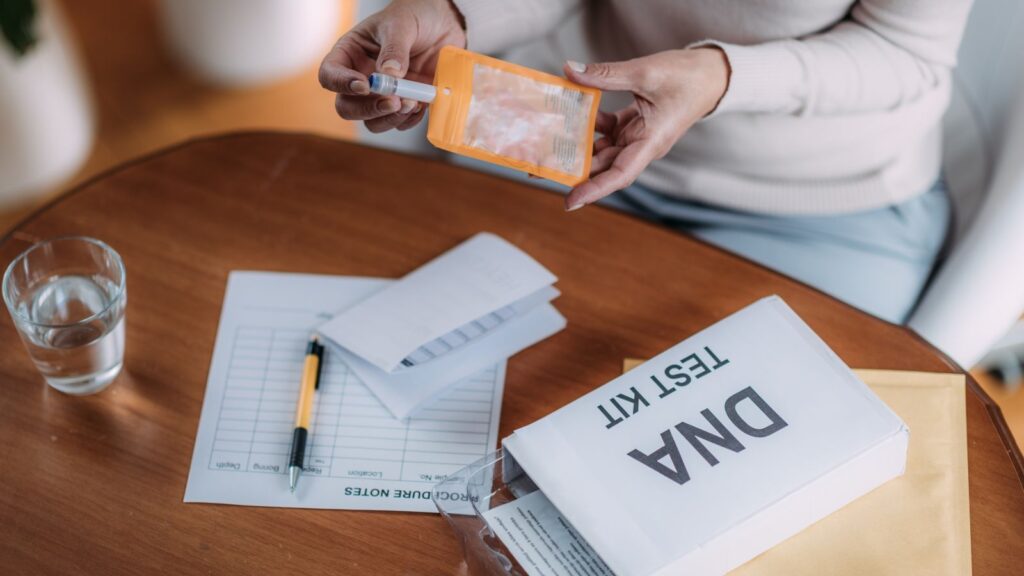
Some FBI agents are worried about at-home DNA kits. Once your genetic info is out there, you can’t exactly get it back, and people could use this data in ways you might not want. You should be super careful with your information and think carefully about what you’re really sharing with the world.
Use Public Wi-Fi for Financial Transactions
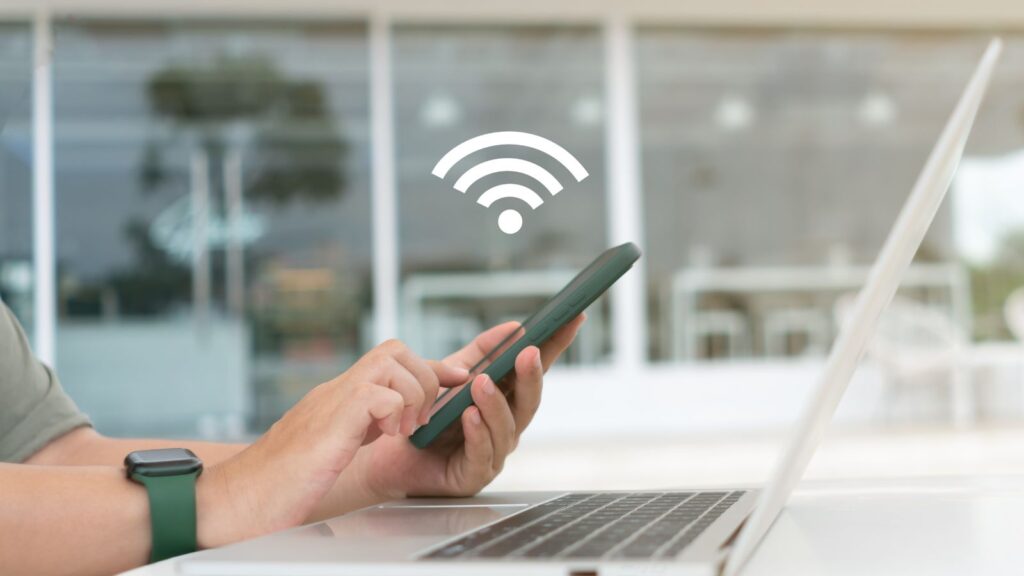
Don’t use public Wi-Fi for anything financial because these networks are often unsecured. This makes it easy for hackers to swoop in and get your details. Whenever you’re at a coffee shop, avoid online banking or shopping, or at least use a secure connection so you can keep your transactions safe.
Allow Kids to Use the Internet Unsupervised

The internet is wild, and letting kids use it without supervision is a big issue. The FBI recommends that you monitor what your kids are up to online because there is lots of inappropriate content out there. In fact, they’ve even made a parent’s guide on how to keep your kids safe online.
Ignore VPNs
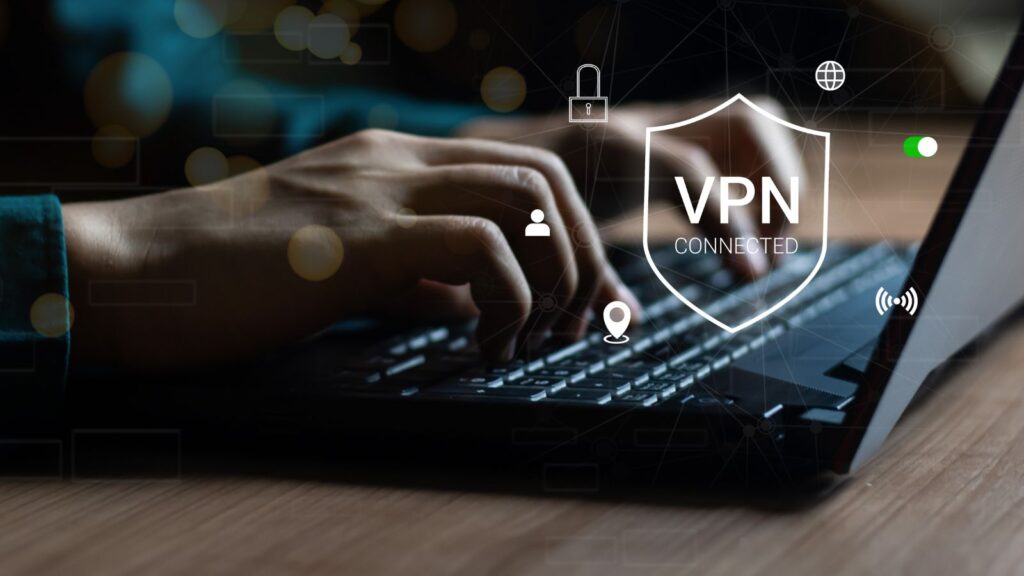
When you don’t use a VPN, especially on public Wi-Fi, you welcome anyone to access your data and information. Some FBI agents recommend using a VPN to encrypt your internet connection, which is simply enough. This will make it far harder for hackers to look at your online activity and use it for their own gain.
Confuse American Rights Overseas

When you’re traveling abroad, remember that your American rights don’t follow you everywhere, and just because it’s legal at home doesn’t mean it is abroad. Misunderstanding this can land you in some serious trouble, like run-ins with local law enforcement. You must always do your homework on local laws before heading out.
Fall for Phishing Scams
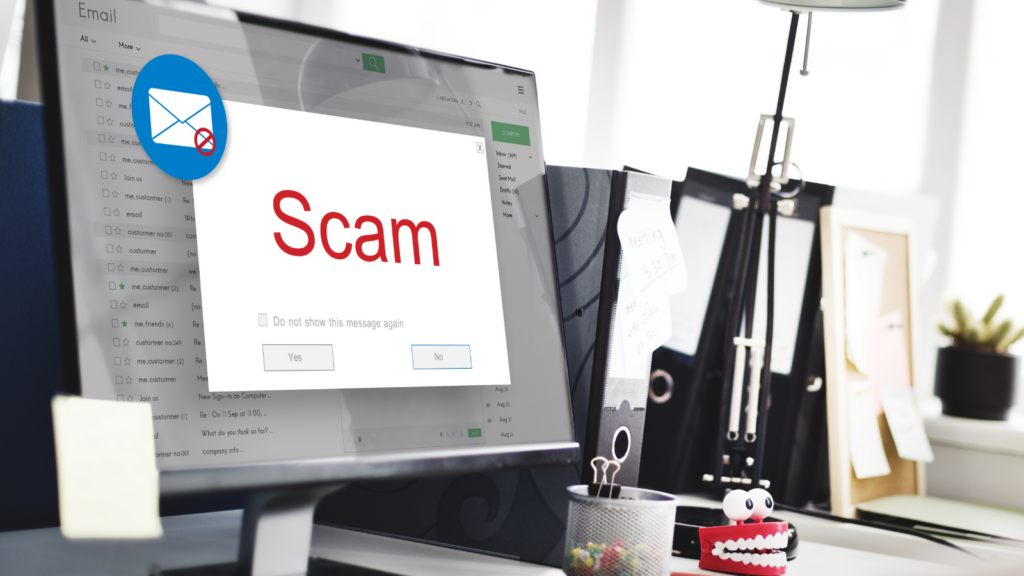
Phishing scams are still a huge problem, and the FBI always sees them. That’s why they recommend verifying the source before clicking on links or sharing personal info. If an email or message looks fishy, it’s better to be safe and avoid it. Contact the company via an email or phone number you can trust.
Overlook Email Attachments
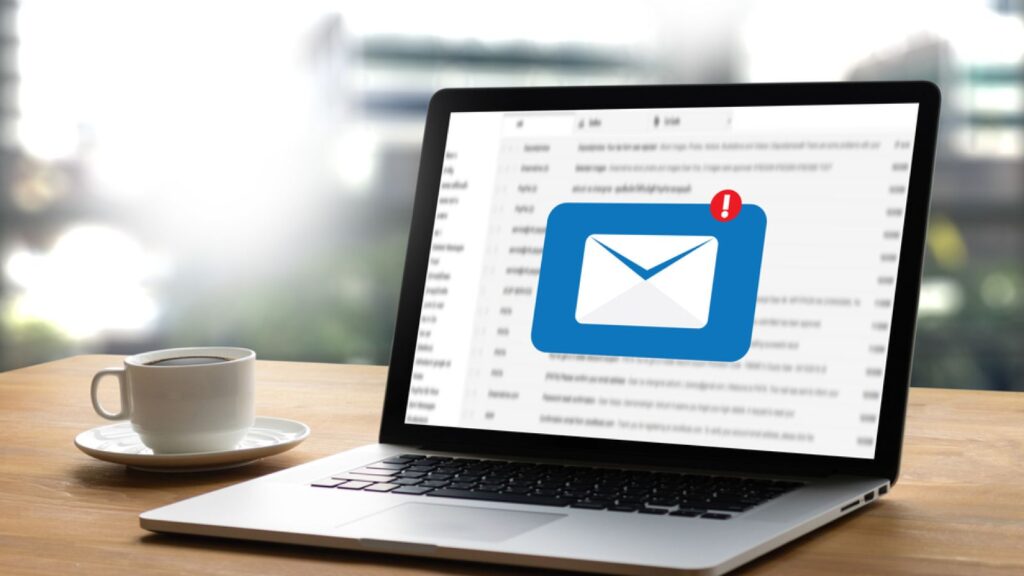
Similarly, opening email attachments from unknown senders is an easy way to get a virus, so be extra careful with attachments. Unless you’re expecting one, don’t open it, as it’s far better to be safe and delete anything that looks suspicious. After all, if it’s important, the sender will send it again.
Trust Caller ID Blindly
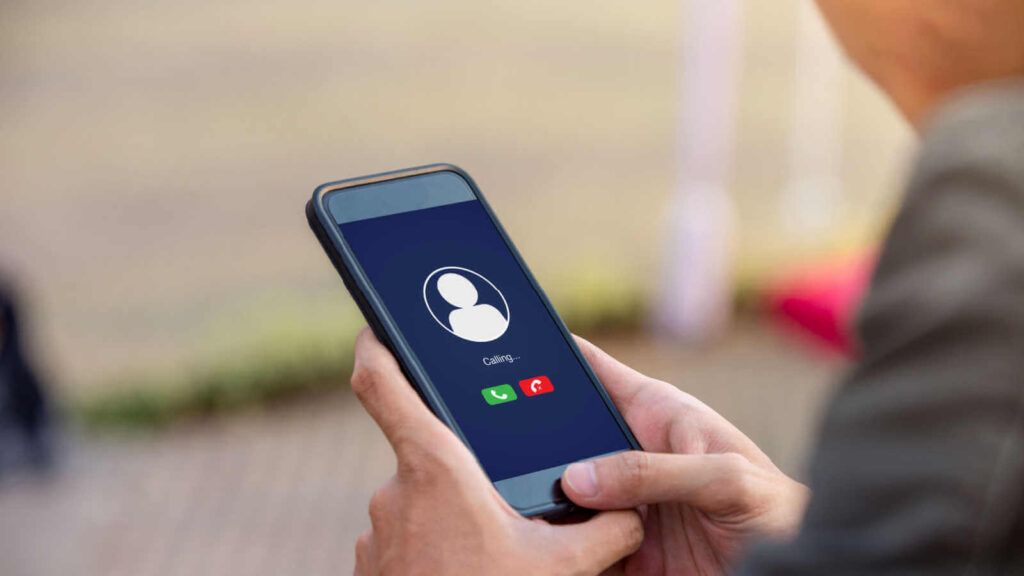
Caller ID isn’t as trustworthy as you think it is. Scammers can spoof it to make it look like they’re calling from a trusted number, meaning you shouldn’t just trust it blindly. If you get a suspicious call, hang up and call back on a known number. This way, you’ll avoid any potential scams and keep your info safe.
Carry Excess Cash

Carrying around a huge wad of cash can make you a prime target for thieves, and the FBI recommends using cards or digital payments instead. They’re easier to track and often safer than cash, especially since you can refund them. When you’ve got to use cash, only take as much as you need and leave the rest at home.
Overlook Online Shopping Security

We all shop online, but we don’t always check the sites that we’re shopping on. Look for the “https” in the URL because this is a sign that the site is secure, and make sure you only ever pay using trusted methods like PayPal. If the site looks dodgy, then you should absolutely stay away.
Use Easy Passwords
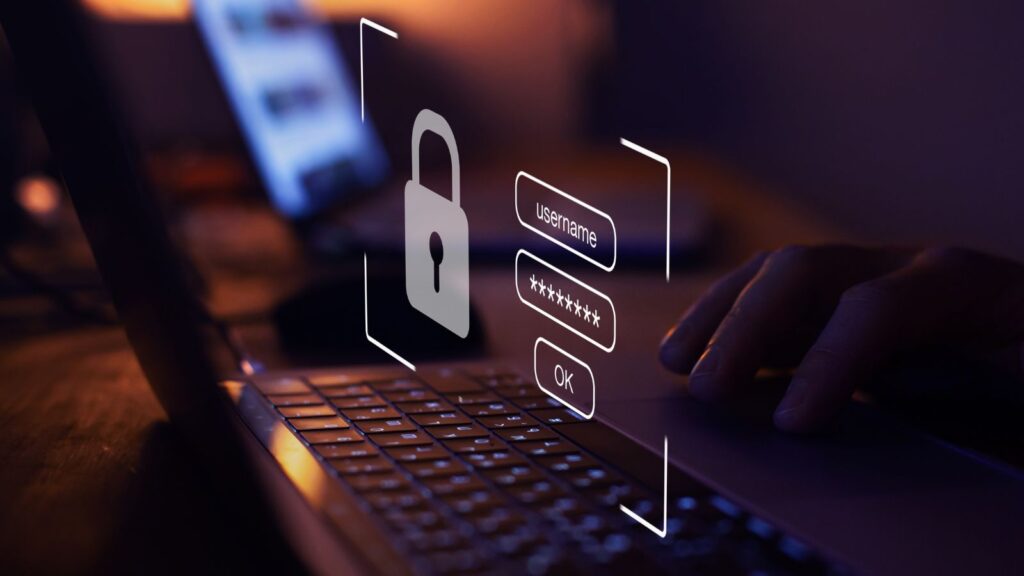
Easy passwords are an open invitation for hackers, so the FBI recommends everyone use strong and complicated ones. You should change them regularly because a good password can make a world of difference in keeping your info safe from prying eyes. And whatever you do, don’t use the same password for more than one account.
Ignore Shredding Sensitive Documents

Leaving sensitive documents around can lead to identity theft, which happens millions of times yearly. The FBI recommends shredding any paperwork with personal info before throwing it out. This small step can save you a lot of trouble down the line, and a shredder isn’t too expensive.
Give Personal Information Over the Phone

You should be careful about giving out any personal info over the phone, especially if you didn’t expect the call. The FBI suggests being cautious and verifying the caller’s identity before sharing anything. If you’re unsure, hang up and call back on a known number to avoid scams.
Assume Privacy Online
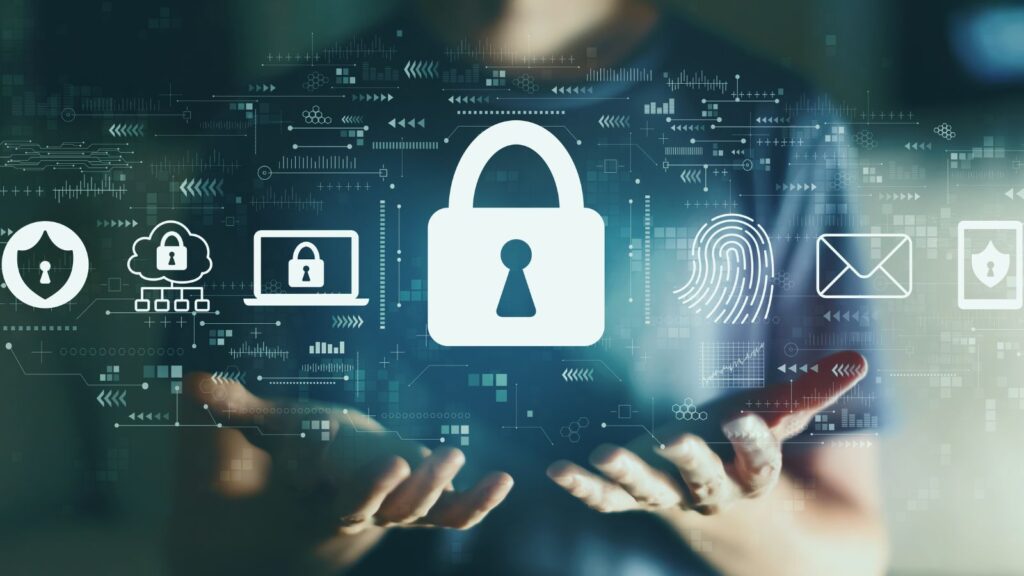
Assuming your online activities are private is a big mistake, which is why you should actively try to protect your digital privacy. Never assume that another person or company is doing it for you. Instead, try using encryption and secure websites so that your personal information stays that way.
19 Grim Realities of Dating After 50 That Are Often Overlooked

19 Grim Realities of Dating After 50 That Are Often Overlooked
26 Things That Will Be Extinct Because Millennials Refuse to Buy Them

26 Things That Will Be Extinct Because Millennials Refuse to Buy Them
24 Outdated Slang Terms You Absolutely Shouldn’t Be Using Anymore

24 Outdated Slang Terms You Absolutely Shouldn’t Be Using Anymore
25 Hardest Parts About Getting Older That No One Ever Talks About

25 Hardest Parts About Getting Older That No One Ever Talks About






